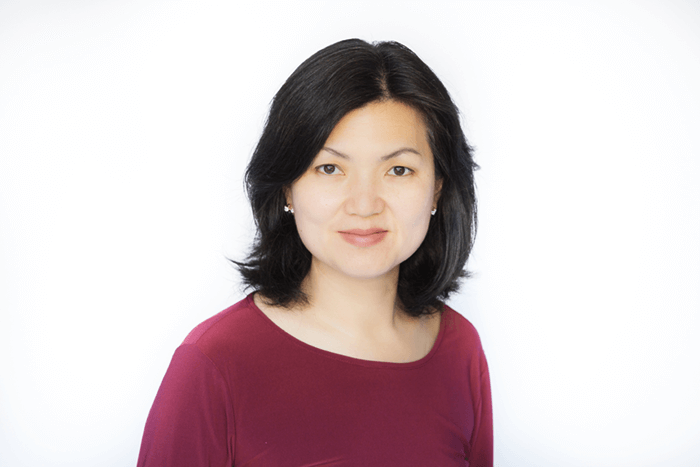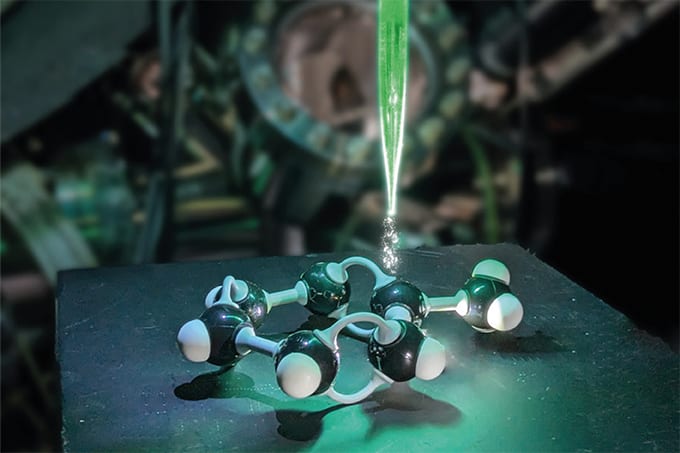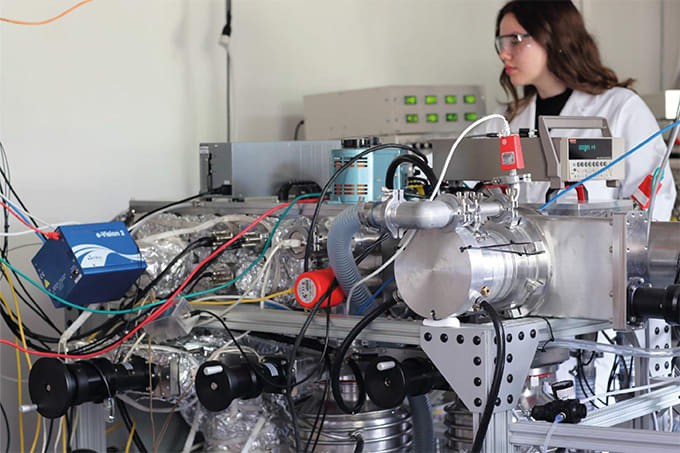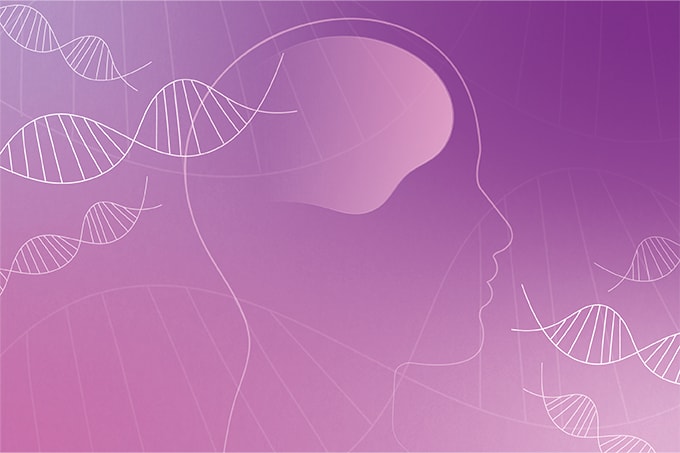
A Driving Force
Sitting Down With... Kelly Zhang, Principal Scientist, Genentech, South San Francisco, California, USA.

False
Sitting Down With... Kelly Zhang, Principal Scientist, Genentech, South San Francisco, California, USA.

Receive the latest analytical science news, personalities, education, and career development – weekly to your inbox.

Principal Scientist, Genentech, South San Francisco, California, USA.
False
False

December 12, 2024
2 min read
How a framework for controlling molecular reactions at the atomic scale has potential implications for nanotechnology, pharmaceutical synthesis, and clean energy research

October 1, 2024
10 min read
Charge-detection mass spectrometry (CD-MS) has extended the range of MS to gigadalton-sized viruses and polymers; and with a commercial instrument in development and exciting new applications in complex protein mixtures, maturity beckons

October 1, 2024
1 min read
Researchers develop an NMR method to distinguish between enantiomers without the need for chiral agents

October 2, 2024
2 min read
Researchers combine tissue imaging with proteomics to shed light on the neurotoxic effects associated with HIV medication Efavirenz treatment
False